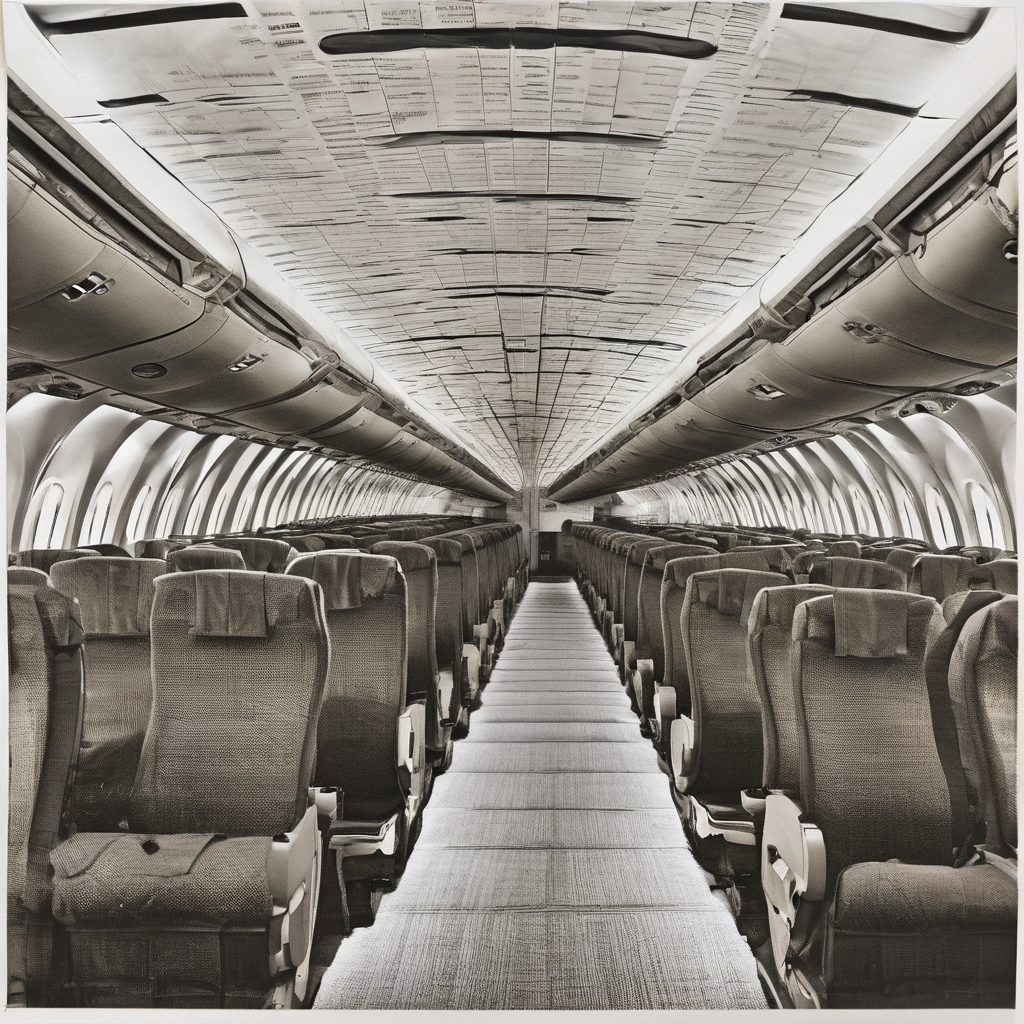The ongoing federal government shutdown has significantly impacted air travel in the United States, disrupting tens of thousands of flights and diminishing expectations for a robust holiday season for airlines. Initially, carriers were hopeful about the high demand for travel leading into the holidays, especially after grappling with a challenging start to the year attributed to economic issues and international trade tensions. However, data from aviation analytics firm Cirium indicates that the growth in Thanksgiving holiday bookings has plummeted to approximately 1%, as travelers show hesitance amid the uncertainties of the shutdown.
Recent developments include the U.S. Senate passing a bill aimed at reinstating funding for federal agencies, raising hopes for a resolution to the shutdown soon. Despite this potential relief, industry experts caution that the repercussions of the shutdown may persist even after the government reopens. Initially, the shutdown had a limited effect on air travel, tallying just over 4,000 flight cancellations from October 1 to November 5. However, this number escalated dramatically to more than 8,000 cancellations in the final days of the shutdown, prompting the Federal Aviation Administration (FAA) to enforce progressive flight cuts at 40 major airports.
This crisis has created operational challenges for airlines, with pilots and flight attendants finding themselves at their federally mandated duty-time limits before finishing their routes. The mishandling of aircraft and crew members has left some stranded at incorrect airports, necessitating rapid efforts by airlines to source replacements to alleviate ongoing delays.
In response, major airlines like Delta and United Airlines are offering incentives to crew members at select airports to encourage them to work additional shifts. United has announced that it is more frequently utilizing premium pay for pilots and has extended similar offers to flight attendants to ensure operational continuity.
As the Thanksgiving holiday approaches, which typically sees a surge in travel, these ongoing issues are causing concern. Experts stress the importance of airlines effectively managing their crews and maintaining operational stability to avert significant disruptions during this peak travel period.
Moreover, the ongoing struggles within the aviation industry are encouraging some travelers to consider alternative transportation options for their holiday journeys. A notable rise has been observed in the use of buses and trains, with travel search engine Wanderu reporting a 12% increase in bookings for these modes of transport, as travelers seek to avoid uncertainties associated with air travel.
Despite the challenges posed by the shutdown, there is optimism that swift negotiations regarding federal funding will lead to a resolution. Such an outcome could restore normal operations and renew travelers’ confidence ahead of what is anticipated to be a historic travel period during Thanksgiving. If airlines can adapt effectively, it may foster a renewed emphasis on safety and reliability within the aviation sector, ultimately paving the way for a smoother travel experience this holiday season.
